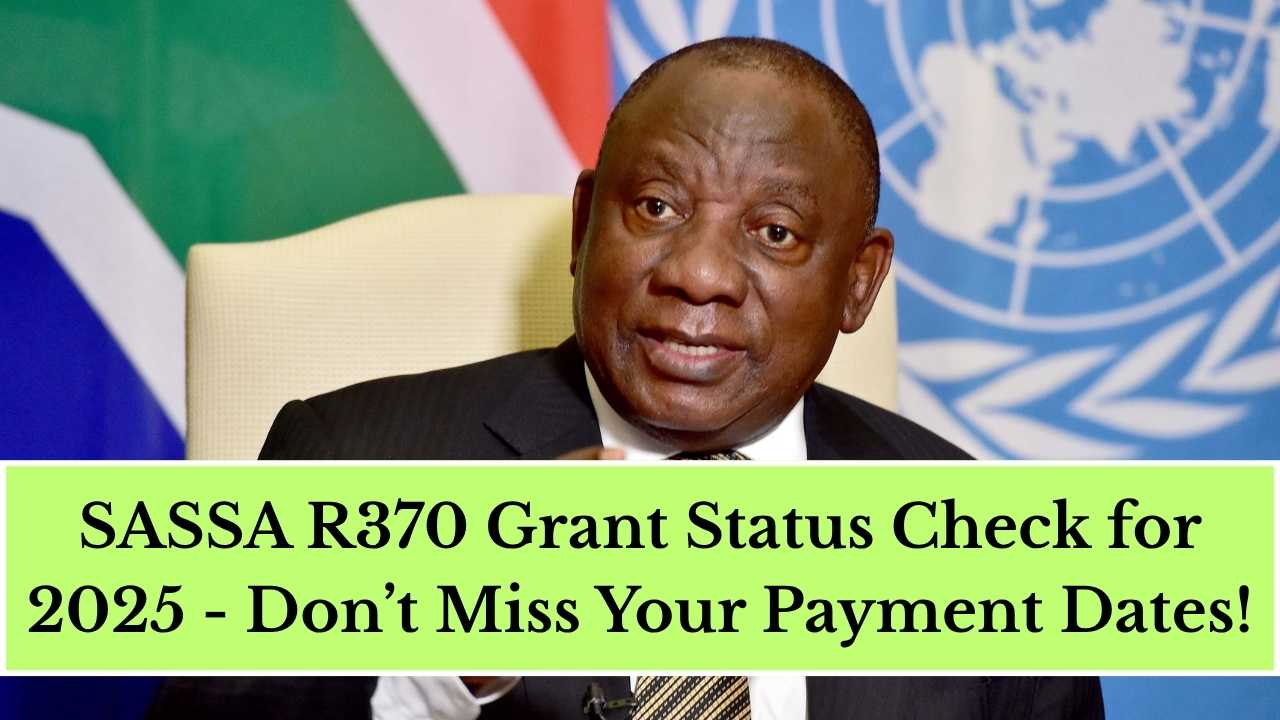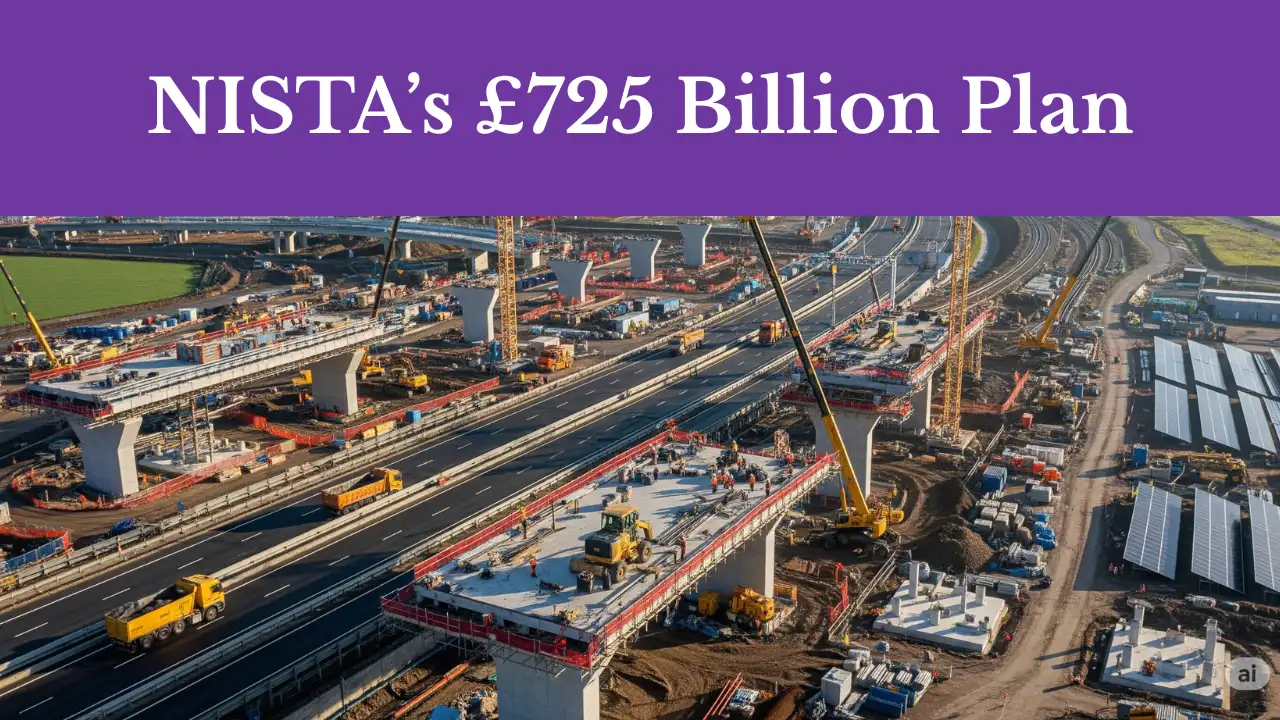The National Housing Finance Corporation (NHFC) is empowering thousands of South Africans to step into homeownership through the First Home Finance subsidy. Tailored for middle- and low-income earners who fall outside free government housing eligibility yet struggle to secure traditional mortgages, this initiative offers a vital lifeline.
The program provides a one-time subsidy for first-time buyers earning between R3,501 and R22,000 monthly, enabling them to buy existing homes, develop serviced plots, or offset property purchase costs. It addresses a persistent gap in the housing market, serving as a key support mechanism for affordable living.
Important Notice: Applying for the First Home Finance Subsidy is 100% FREE. Avoid paying anyone to process your application—such requests are scams. Report fraud immediately to 010 085 2199. #ServiceDeliveryZA
— South African Government (@GovernmentZA) July 24, 2025
Bridging the Gap to Homeownership
The NHFC notes that this aid, once known as the Finance Linked Individual Subsidy Programme (FLISP), has transformed into First Home Finance, reflecting a more flexible funding model. Beneficiaries can pair the subsidy with mortgage loans, unsecured loans, pension-backed finance, community savings, or personal funds.
This approach eases monthly payments, covers deposits, or bridges loan shortfalls, empowering South Africans to own homes despite tough economic conditions.
Who Qualifies and How to Apply?
Eligible applicants must be South African citizens or permanent residents, aged 18 or older, with no prior residential property ownership or government housing subsidy. They need an approved loan in principle or proof of alternative funding.
The subsidy supports:
- Purchasing an existing home (new or resale),
- Acquiring a serviced residential stand,
- Constructing a new home on owned land,
- Handling related property transaction expenses.
Applications are submitted online at the NHFC portal, fhf.nhfc.co.za, allowing document uploads and real-time tracking. Processing typically takes seven working days, with feedback within 21 days.
Subsidy Amounts Based on Income
The subsidy varies on a sliding scale, favoring lower earners with higher amounts. Here’s the breakdown, effective from 1 April 2023:
| Monthly Income Range (R) | Subsidy Amount (Approx.) |
|---|---|
| 3,501 – 3,701 | R169,265 |
| 7,101 – 7,301 | R143,187 |
| 9,101 – 9,301 | R128,700 |
| 14,301 – 14,500 | R91,054 |
| 18,001 – 18,200 | R64,982 |
| 21,801 – 22,000 | R38,911 |
This support is especially impactful for those at the lower income end, significantly lowering homeownership hurdles.
Essential Documents for Application
All documents must be certified and submitted. The NHFC requires:
- South African ID or permanent residency permit
- Birth certificates or ID numbers of dependents
- Marriage certificate or cohabitation affidavit (if applicable)
- Three months of payslips or six months of bank statements
- Loan approval in principle or alternative funding proof
- Offer to purchase or building contract with approved plan
The program also caters to rural housing projects, particularly where applicants hold land via Permission to Occupy (PTO) arrangements in traditional areas.
How Subsidy Funds Are Disbursed
To ensure proper use, funds aren’t paid directly to applicants. The NHFC channels money to third parties like attorneys, NHBRC-registered builders, financial institutions, or accredited developers.
No fees are allowed from service providers or facilitators assisting with applications, as per the National Housing Code. Violators face permanent exclusion from the program.
| Document Type | Notes |
|---|---|
| Proof of income | Payslips or bank statements |
| Loan or funding proof | Mortgage or pension agreement |
| Property transaction agreement | Offer to purchase or contract |
| Identity and family documents | Certified ID and dependent records |
A Cornerstone for Housing Solutions
The First Home Finance program remains instrumental in tackling South Africa’s housing shortage and expanding access to secure, affordable homes. By broadening financial tools and removing entry barriers, the NHFC offers critical support to families stuck between mortgage limits and government aid.
As housing shapes South Africa’s development story, this initiative shines as a practical fix, narrowing income gaps and boosting the residential property sector.




